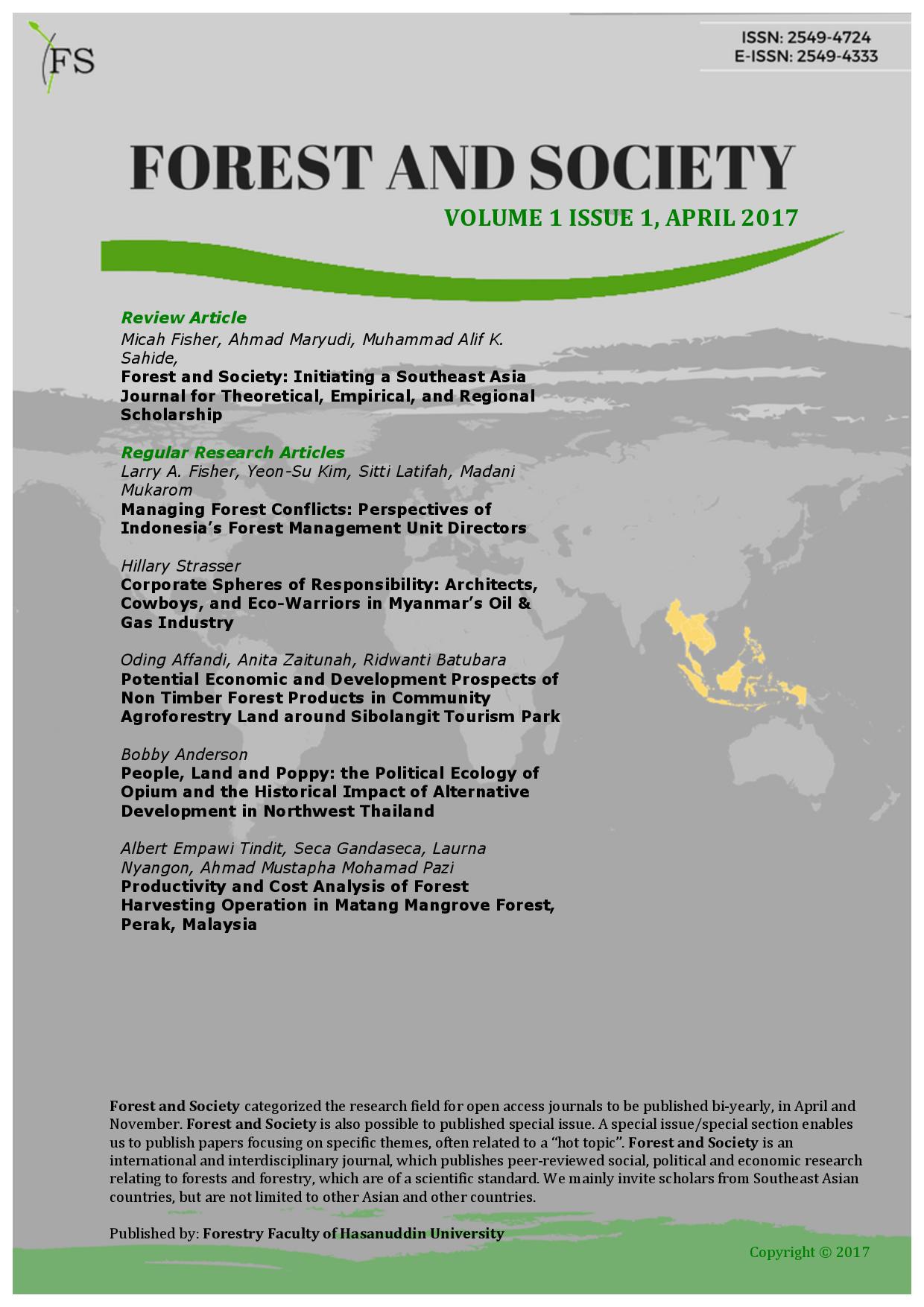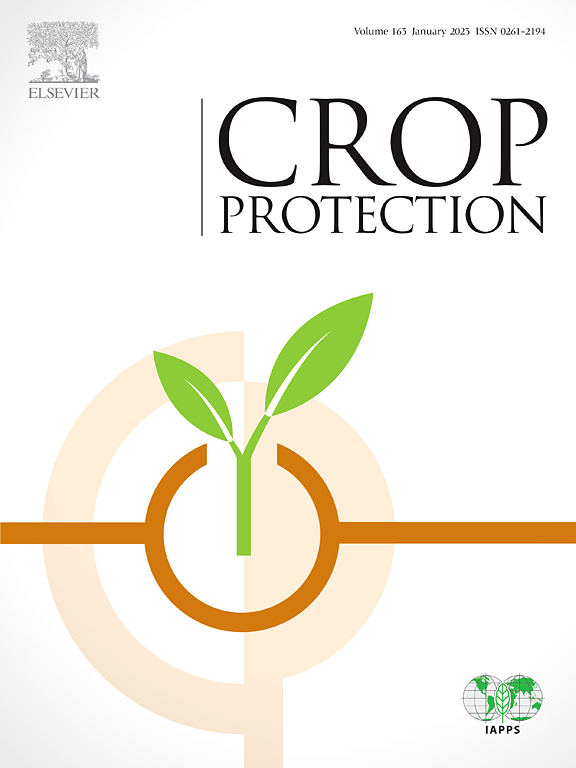Community-based forest management (CBFM) is the principal strategy in managing inhabited'forest land' in the Philippines. It involves the participation of local communities in various forestry activities to achieve sustainable forestry, advance social justice and improve socioeconomic welfare, and promote a stable and healthy environment. This paper analyses the potential benefits of agroforestry farms in CBFM sites to mitigate climate change. The incorporation of trees in farms and landscapes has led to enhanced carbon storage and sequestration. Half a million hectares of agroforestry farms in CBFM sites in the Philippines are estimated to store 25 MtC while sequestering 2.7 MtC annually. Lessons are drawn from three carbon sequestration projects under development using CBFM as the main approach. Income from carbon credits is not sufficient to recover the cost of tree planting. The transaction costs of forestry CDM projects are substantial and could prove to be the greatest barrier to project fruition. Government institutions must find ways to encourage project developers by simplifying rules and regulations for forestry carbon projects. Forest definition must be assessed. Project developers and the government could also explore the voluntary carbon market which is more flexible than the CDM market. Policy and technical studies must be conducted to ascertain the potential of the REDD for CBFM sites in the country.
DOI:
https://doi.org/10.1007/s11842-010-9132-0
Altmetric score:
Dimensions Citation Count:
























